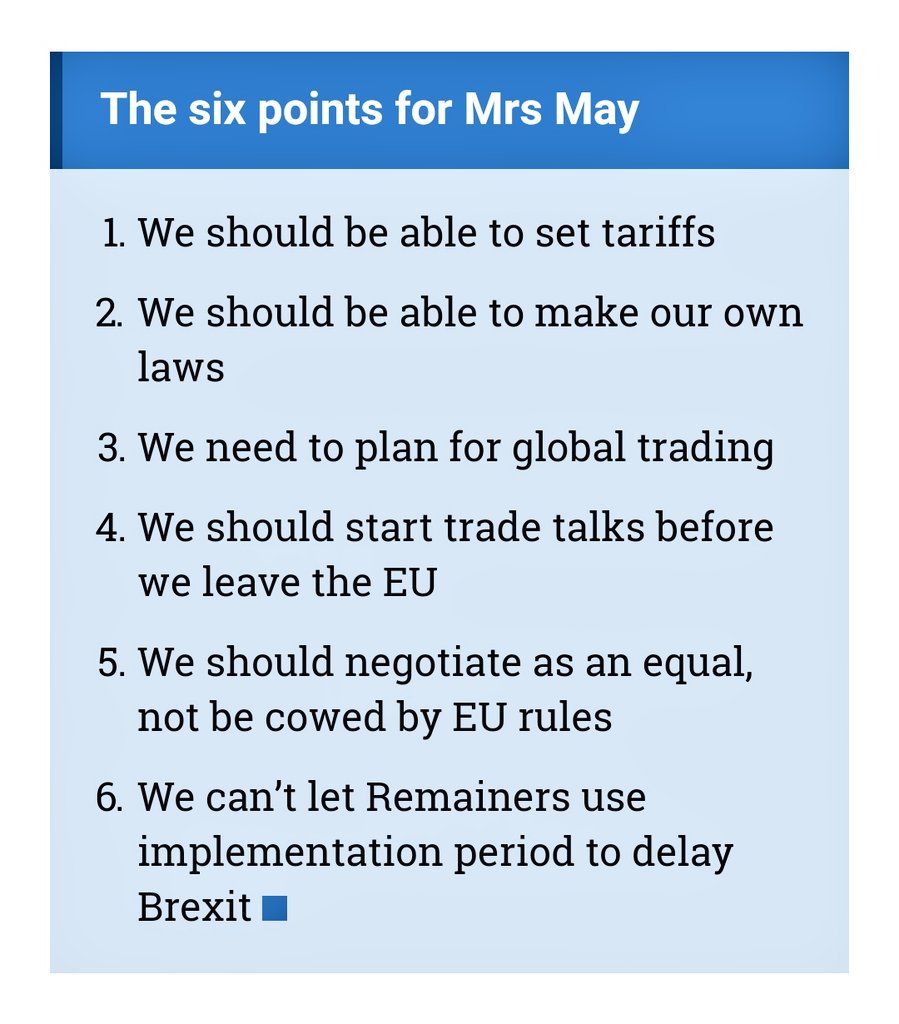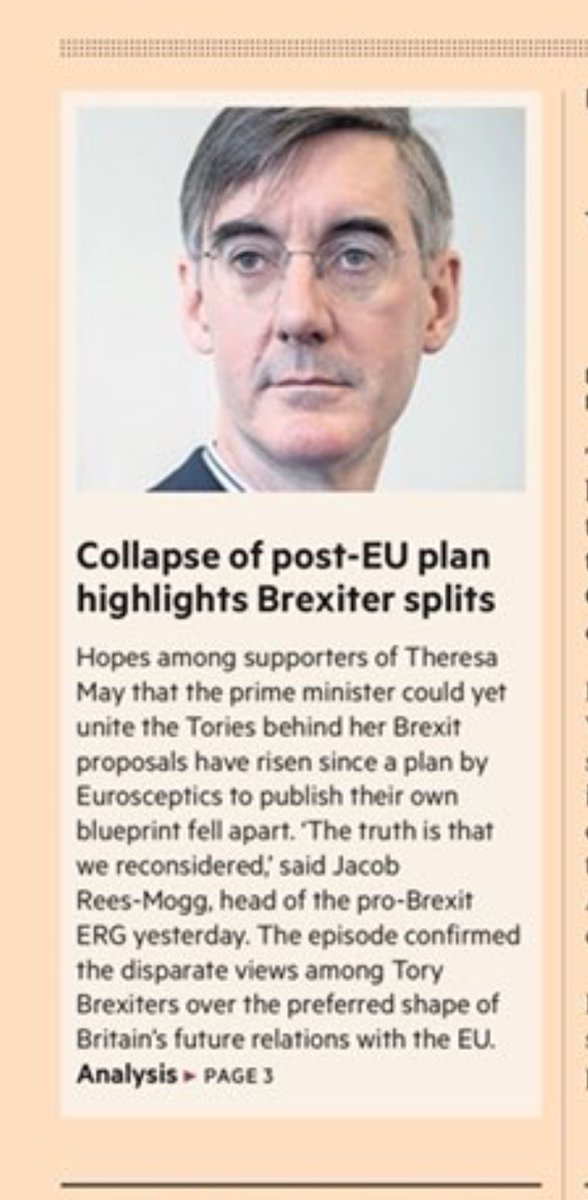A. This is nothing but a platitude, and a pre-emptive argument against a customs union, which imposes a common external tariff.
In truth, we trade globally through the EU, and play an important role in deciding what tariffs the EU sets.
>
A. Another platitude. At the moment, we are a member of the EU. We help to write its rules. Therefore the EU's rules ARE our rules. If we don't like a rule, we can opt out of it or use our veto.
>
A. What this actually means is we need a NEW plan for global trading to replace the excellent plan we already have. In short, we already trade globally through the EU. As does the world champion exporter Germany.
>
A. This is nonsense, and is understandably against EU rules. No company in the world would allow a partner to negotiate independently with a competitor for personal gain while still sitting in on board meetings.
>
That, after all, is what a transition period is for.
A. This is a particularly misguided statement. We WERE an equal partner in the EU before triggering Article 50. In fact, some would even say we were a more privileged partner than others.
Indeed, we even ...
>
However, Brexit has diminished our position. And once we leave, we will only be a single nation, while the EU will be a union of 27 nations, with 31 inside the Single Market, and 3 in the G7.
We will not be its "equal".
A. This is a monumentally dishonest statement. We cannot enter an implementation period until AFTER we have left the EU. So what Rees-Mogg really means is that he wants a cliff-edge Brexit at any cost.
It seems that the well being of the UK is utterly irrelevant to Rees-Mogg. He does not want an ordered Brexit. He desires chaos. He wants antagonism, resentment and hardship for the UK. His demands are a sales pitch for disaster capitalism, and nothing more.
#FBPE



